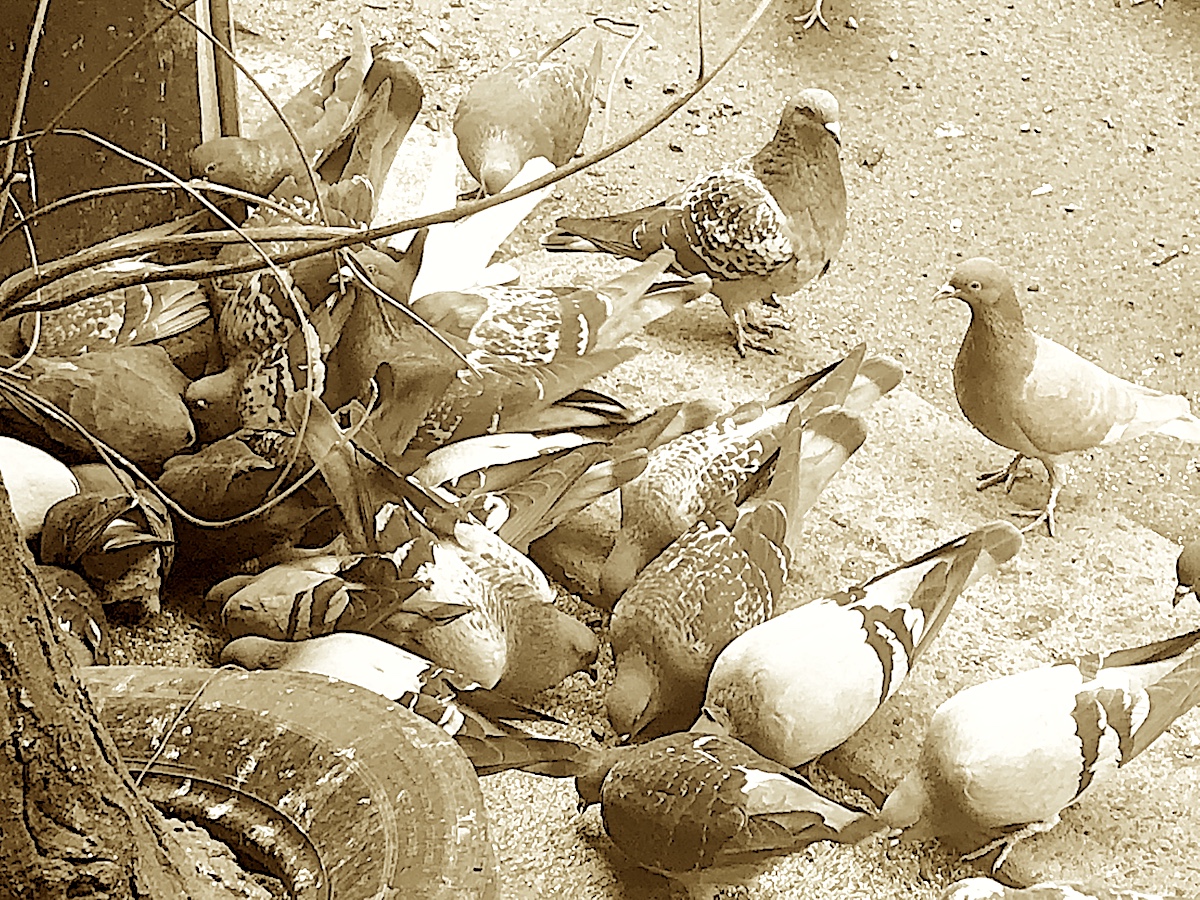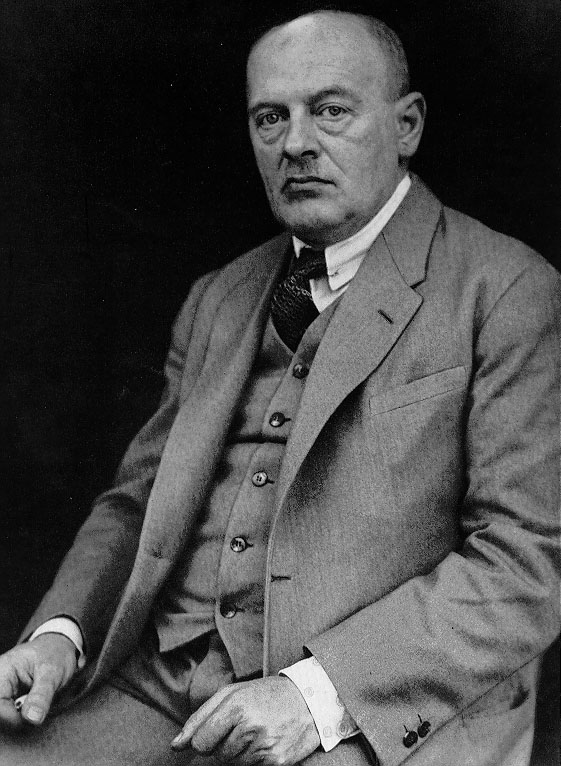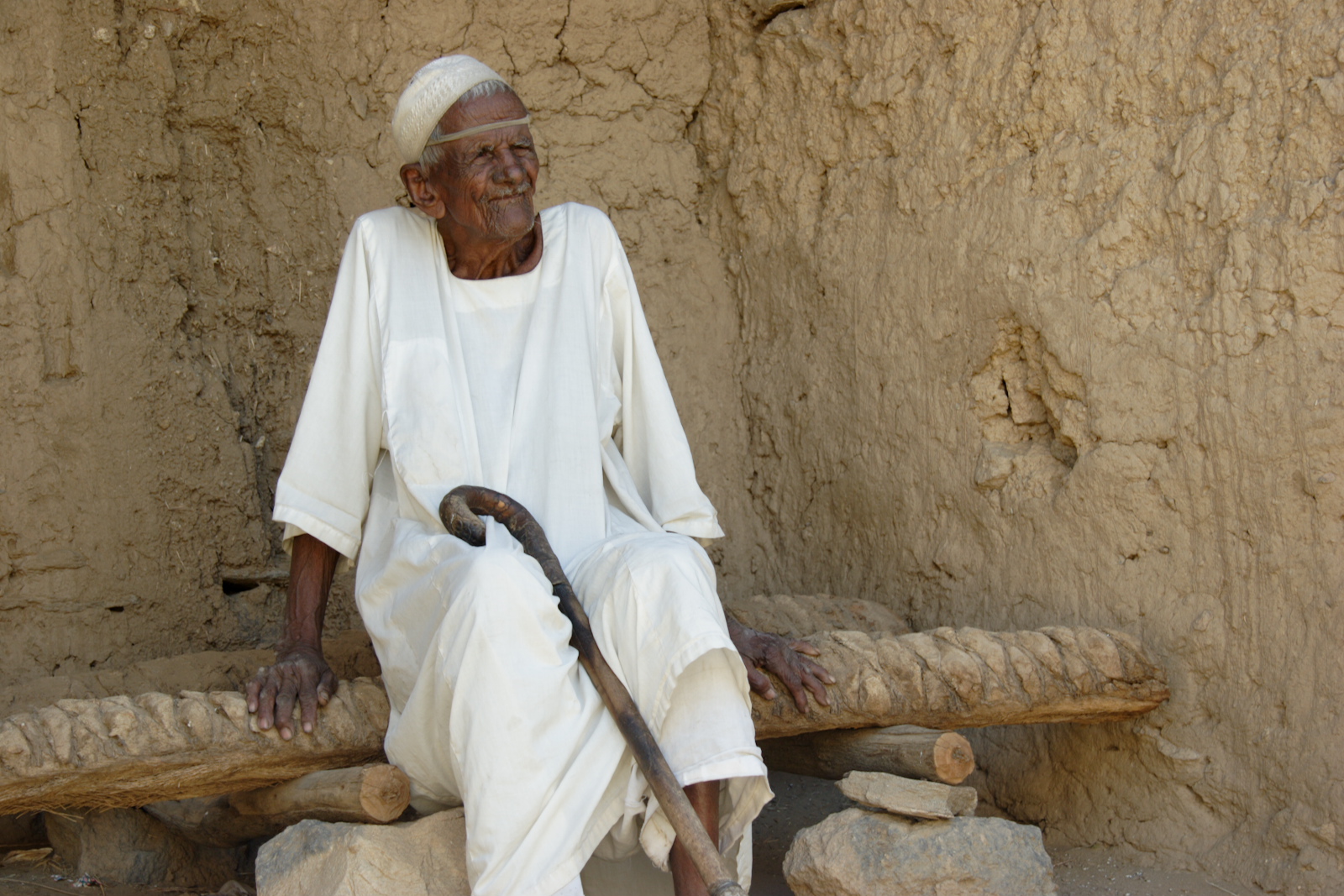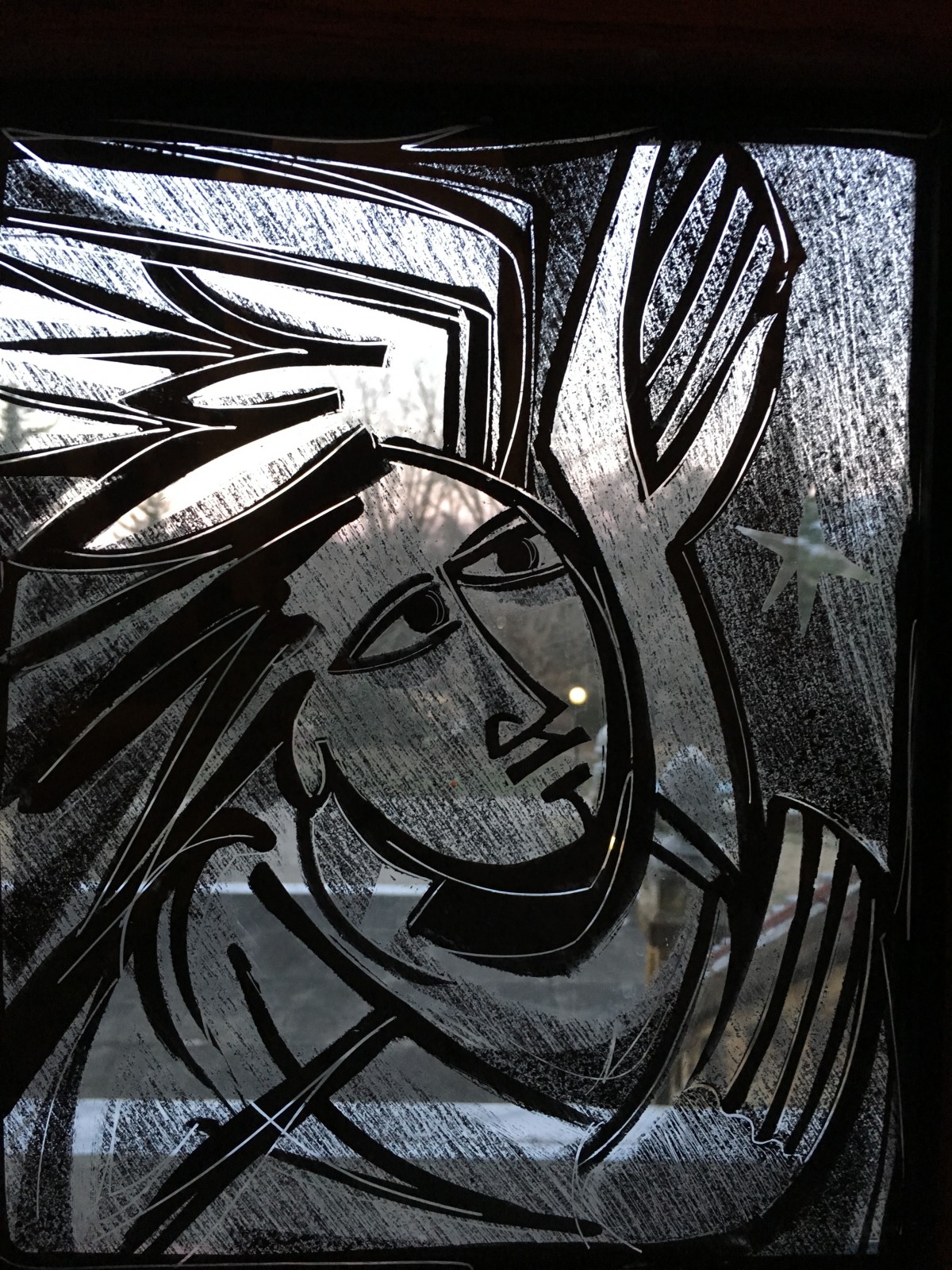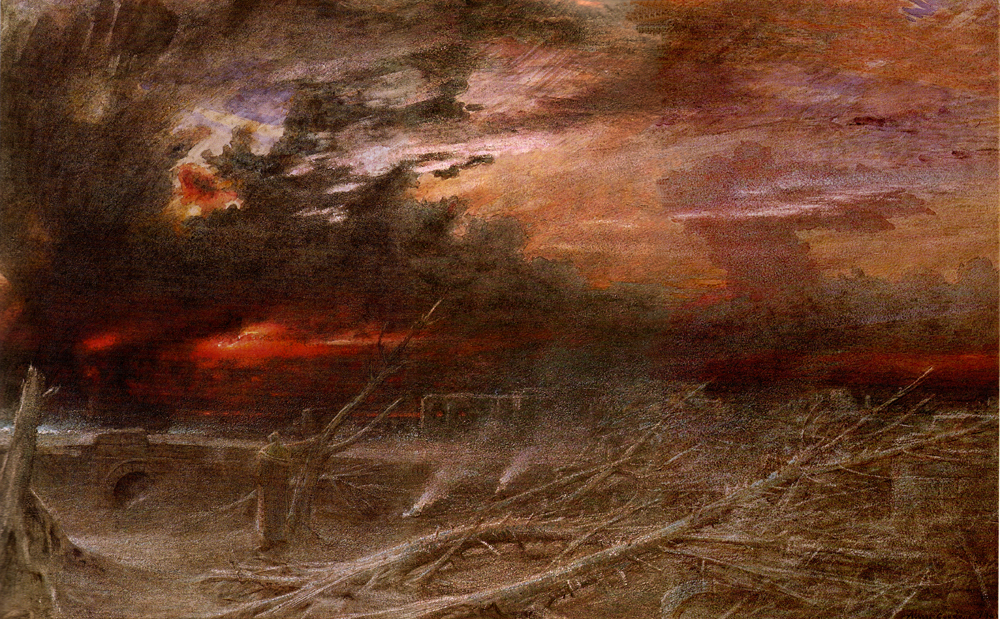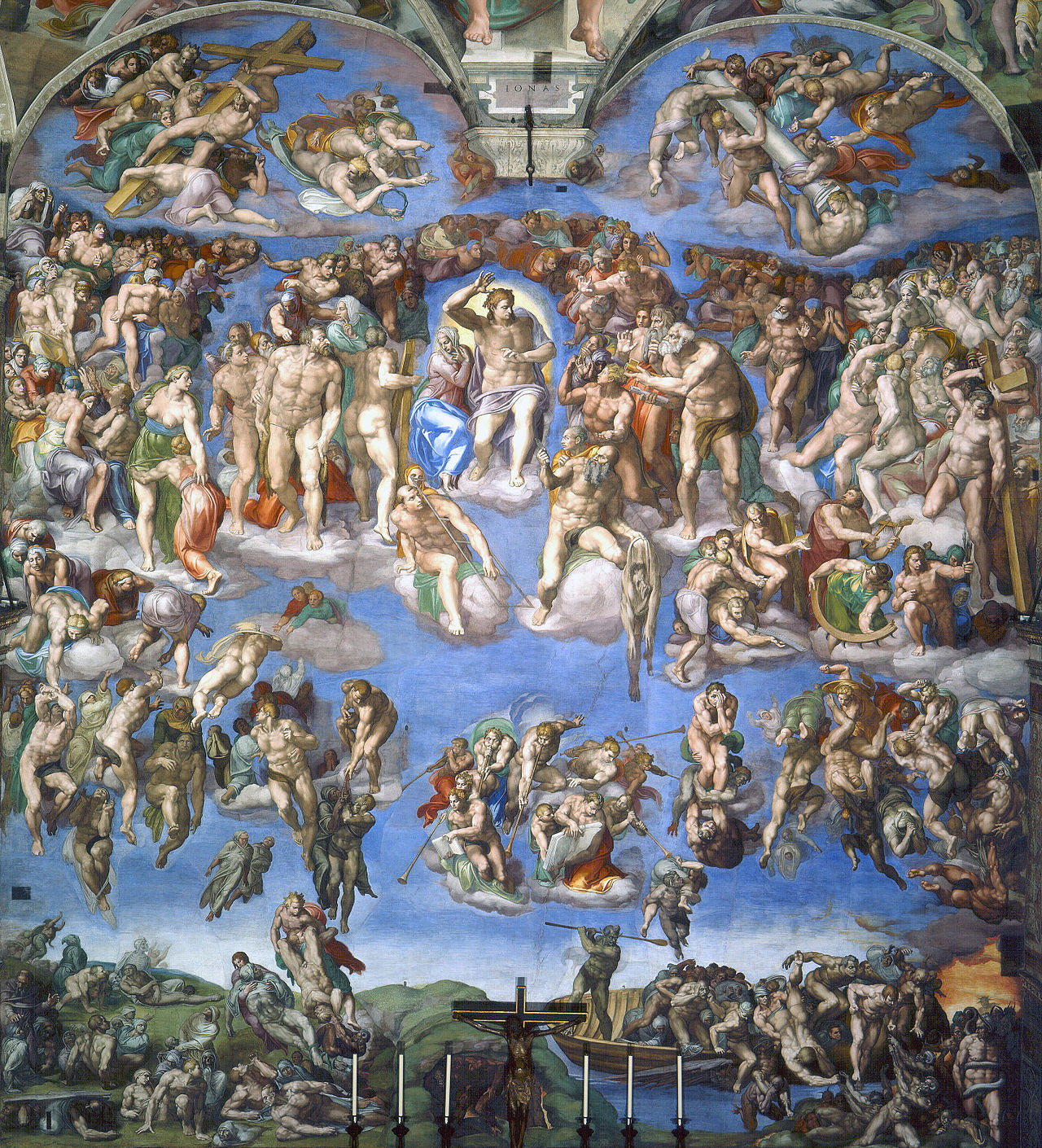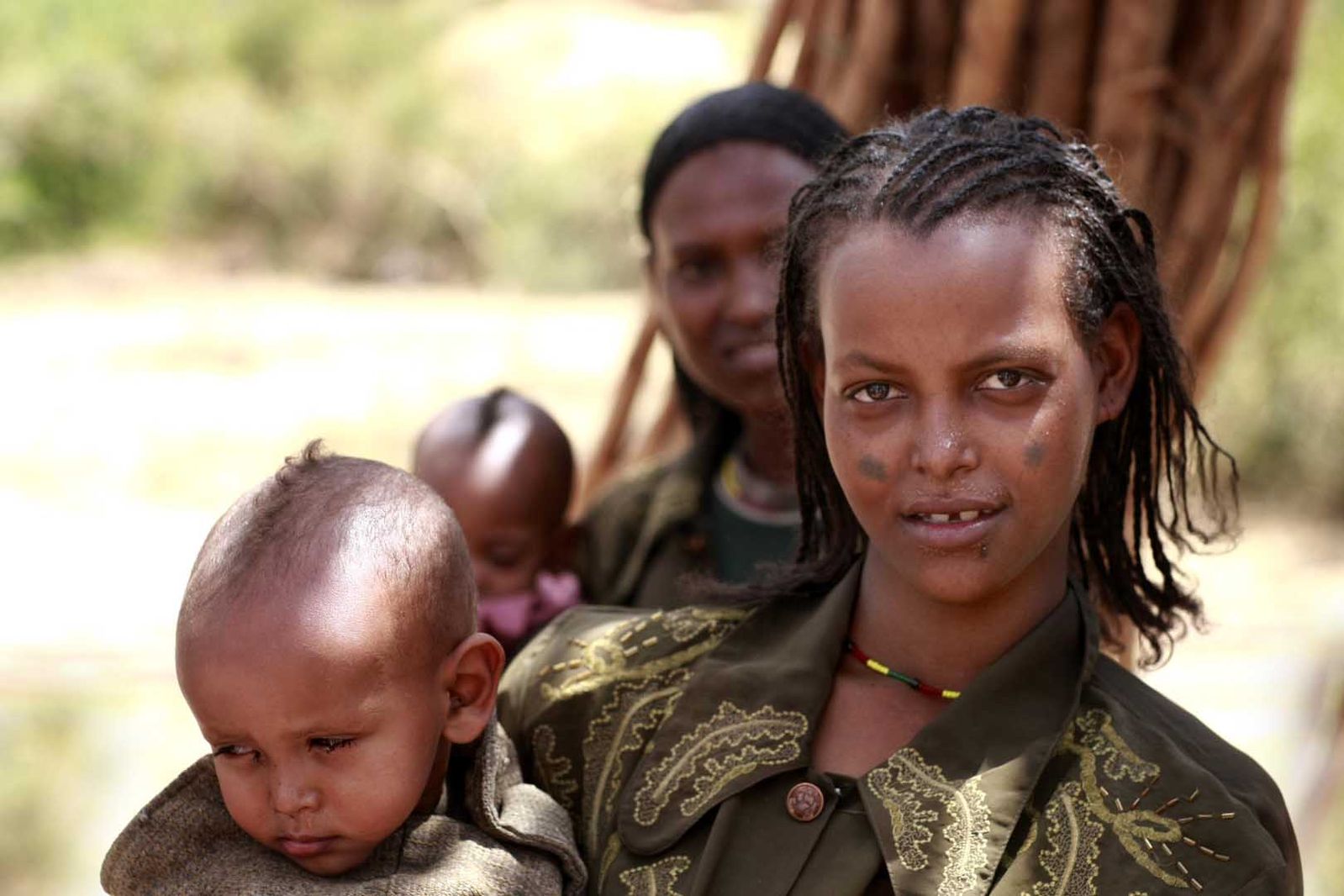The Death of God theological movement of the mid-twentieth century serves as a productive starting place to consider spiritual violence in our time, or the forceful displacement of human relations in religious belief both as individuals and as a community. Spiritual violence is examined through a political reading of Simon Critchley’s mystical anarchy and Martin […]
Year: 2020
The Curious Whiteheadian Proclivity In Scheler’s Account Of God And Persons, Part 2 (J. Edward Hackett)
The following is the second installment of a two-part series. The first can be found here. Geist und Drang Before talking about Scheler’s conception of the person. I should briefly discuss why it is that we are talking about Scheler’s view of the person in philosophical anthropology if we are interested in Scheler’s panenetheistic conception […]
The Curious Whiteheadian Proclivity In Scheler’s Account Of God And Persons, Part 1 (J. Edward Hackett)
The following is published in two parts. Phenomenological Intuition and the Personal Sphere Before explicating the underlying structure of Scheler’s panentheism, I wanted to take some time and explain what Scheler’s phenomenological method entails and how this phenomenological commitment, though never abandoned in spirit, opened up his initial efforts to characterize religious acts and religious […]
“The Reluctant Fundamentalist” And The Inhospitable State – Abrahamic Hospitality And The Limits Of Multiculturalism, Part 2 (Emily McAvan)
The following is the second of a two-part series. The first can be found here. The Failure of Hospitality Yet even in the first bloom of his success in New York, it is clear that Changez’s acceptance is conditioned largely on his assimilation to the norms of the American ruling class. At Underwood Samson, “we […]
“The Reluctant Fundamentalist” And The Inhospitable State – Abrahamic Hospitality And The Limits Of Multiculturalism, Part 1 (Emily McAvan)
The following is the first of a two-part series. “Share with God’s people who are in need. Practice hospitality.” (Romans 12:13 NIV) “he who believes in Allah and the Last Day should show hospitality to his guest” (Sahih Muslim hadith, Book 1 Hadith 75) In the immediate aftermath of September 11, conservative political scientist Samuel […]
Lacan And Pneumatology (Mark Murphy)
There has been much work on Lacan in describing his relationship to a Christological theology. We see this in work such as Žižek’s The Fragile Absolute and also in his dual work with John Milbank, The Monstrosity of Christ.[1] We also see a Christological perspective on the value of Lacan’s work in Marcus Pound’s Theology, […]
The Hollow Christians Of End Times Fiction, Part 3 (Paul Maltby)
The following is the third of a three-part series. The first can be found here, the second here. A Non-Sacramental Nature End Times fiction must be distinguished from other literary genres by its conspicuous absence of local color, its lifeless mise-en-scène and, in particular, writing that relays no vivid impression of the natural world. The relevance […]
The Hollow Christians Of End Times Fiction, Part 2 (Paul Maltby)
The following is the second of a three-part series. The first can be found here. End Times fiction’s unrelenting focus on human sinfulness and unworthiness, a focus that reflects the defining tenet of fundamentalist anthropology, leaves out of account the doctrine of the Imago Dei. For example, the doctrine is cited only once in the […]
The Hollow Christians Of End Times Fiction, Part 1 (Paul Maltby)
The following is the first of a three-part series. A flaw at the heart of End Times fiction gravely weakens its credibility as Christian literature. Its stock characters lack the degree of interiority required for convincing narratives of encounters with the transcendent. The formulaic style of characterization eviscerates Christian experience. This deficiency is especially evident […]
Reframing The Adwa Victory As A Decolonizing Praxis – Discourse Around Colonization In The Ethiopian Context, Part 2 (Rode Molla)
The following is the second of a two-part series. The first can be found here. Docile Ethiopian Bodies Foucault, in his book, Discipline, and Punish, describes how the human body is the object of different ideologies. Foucault emphasizes the modern way of disciplining technics that made the human body docile. In the modern world, Descartes […]
